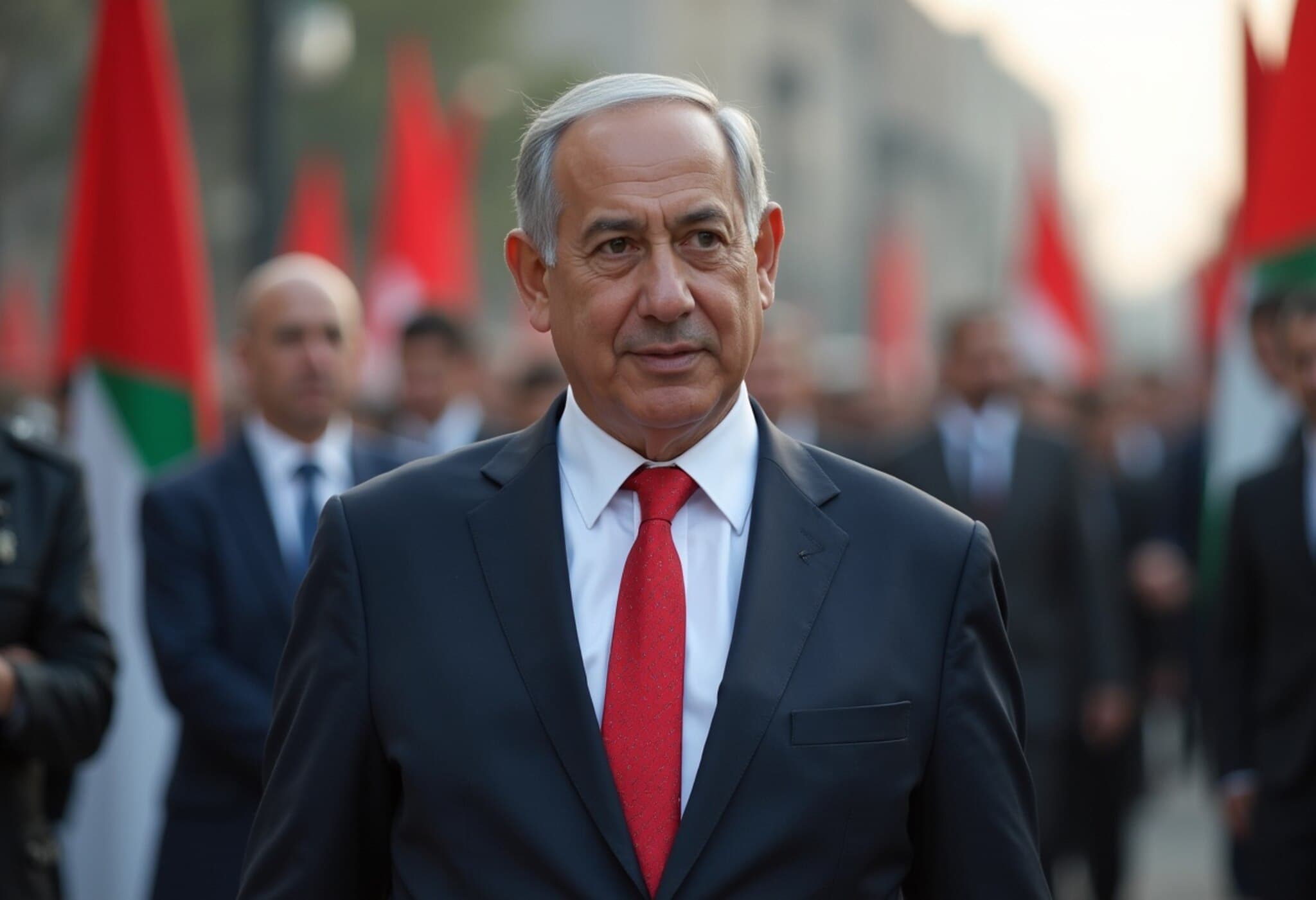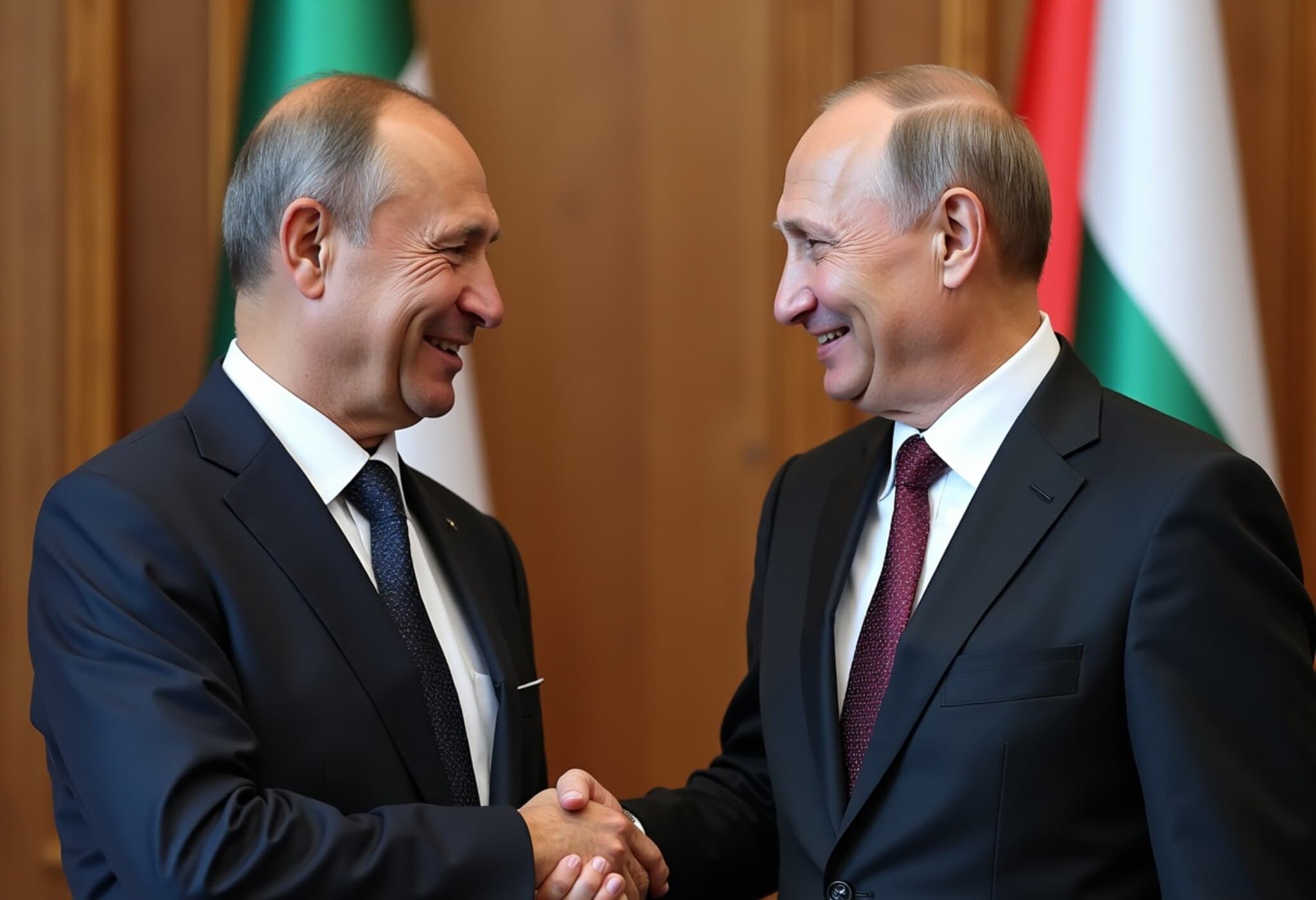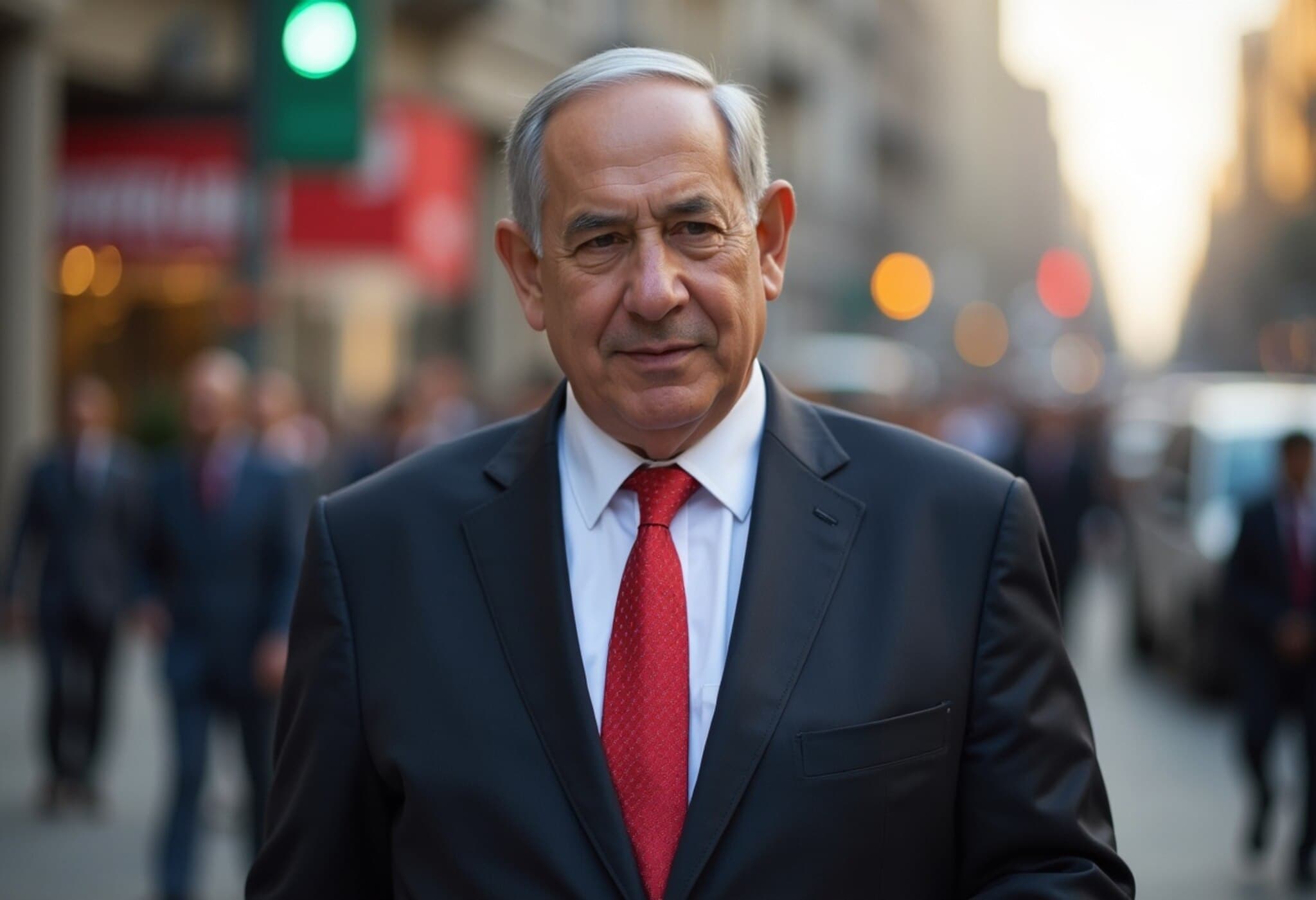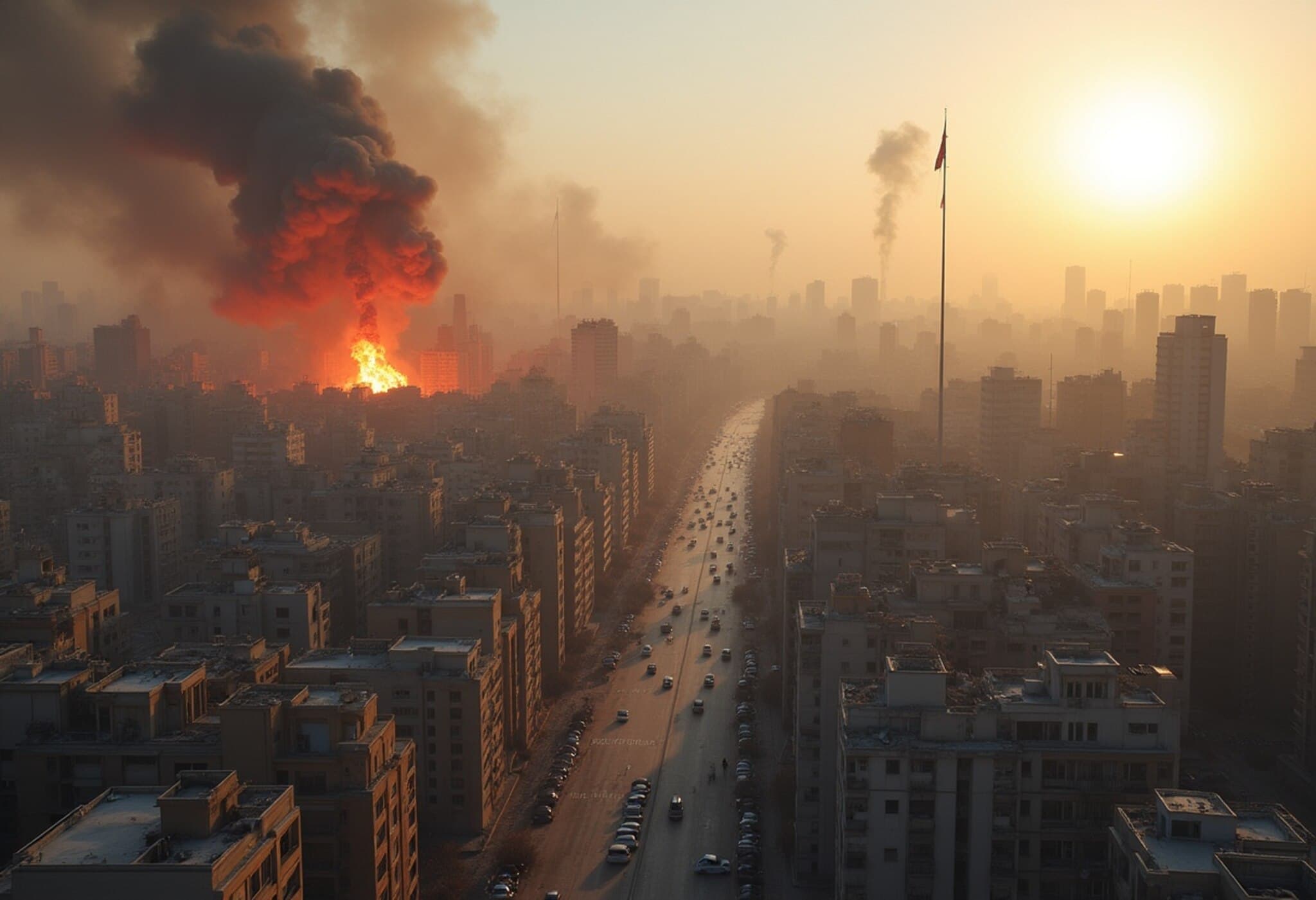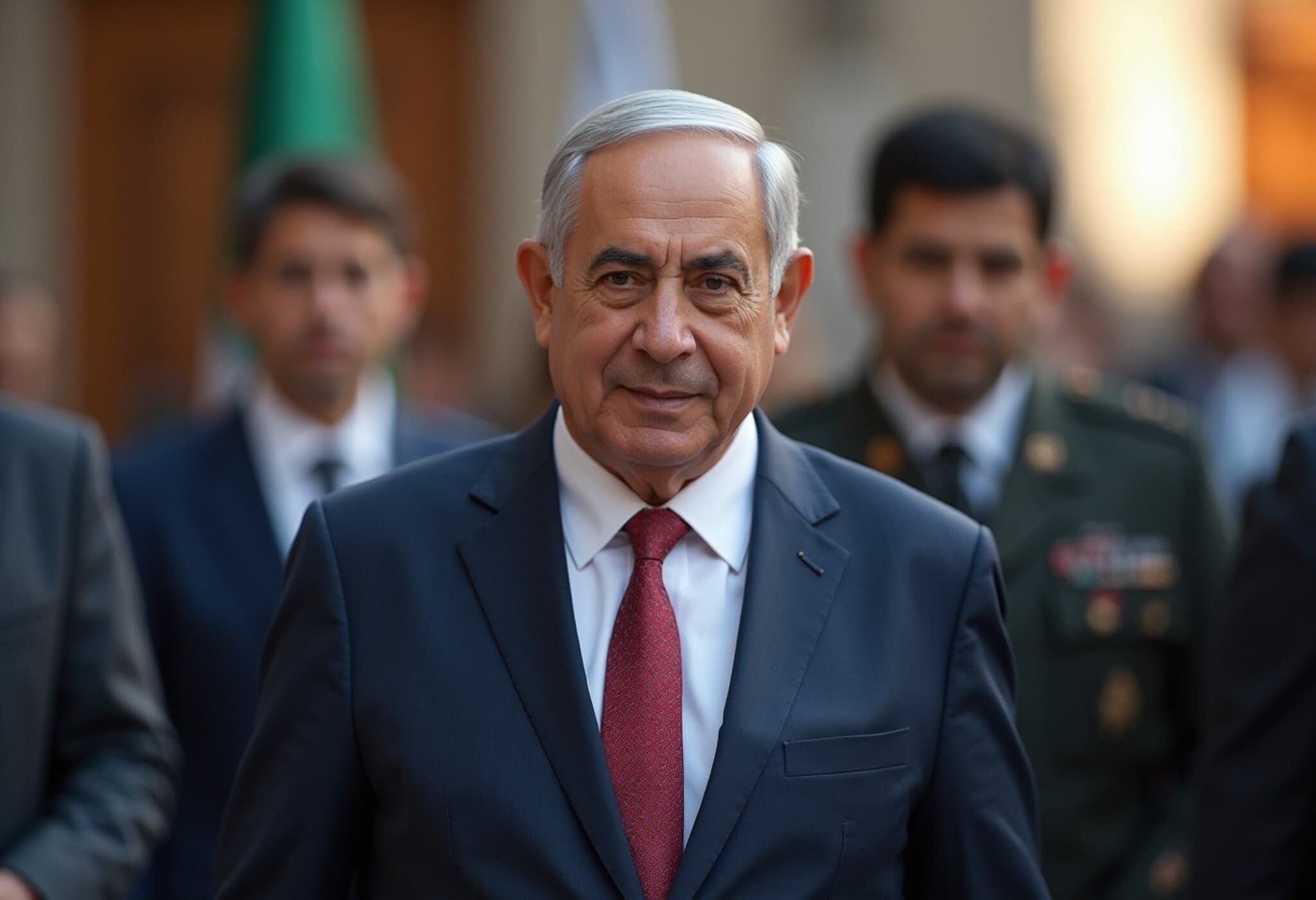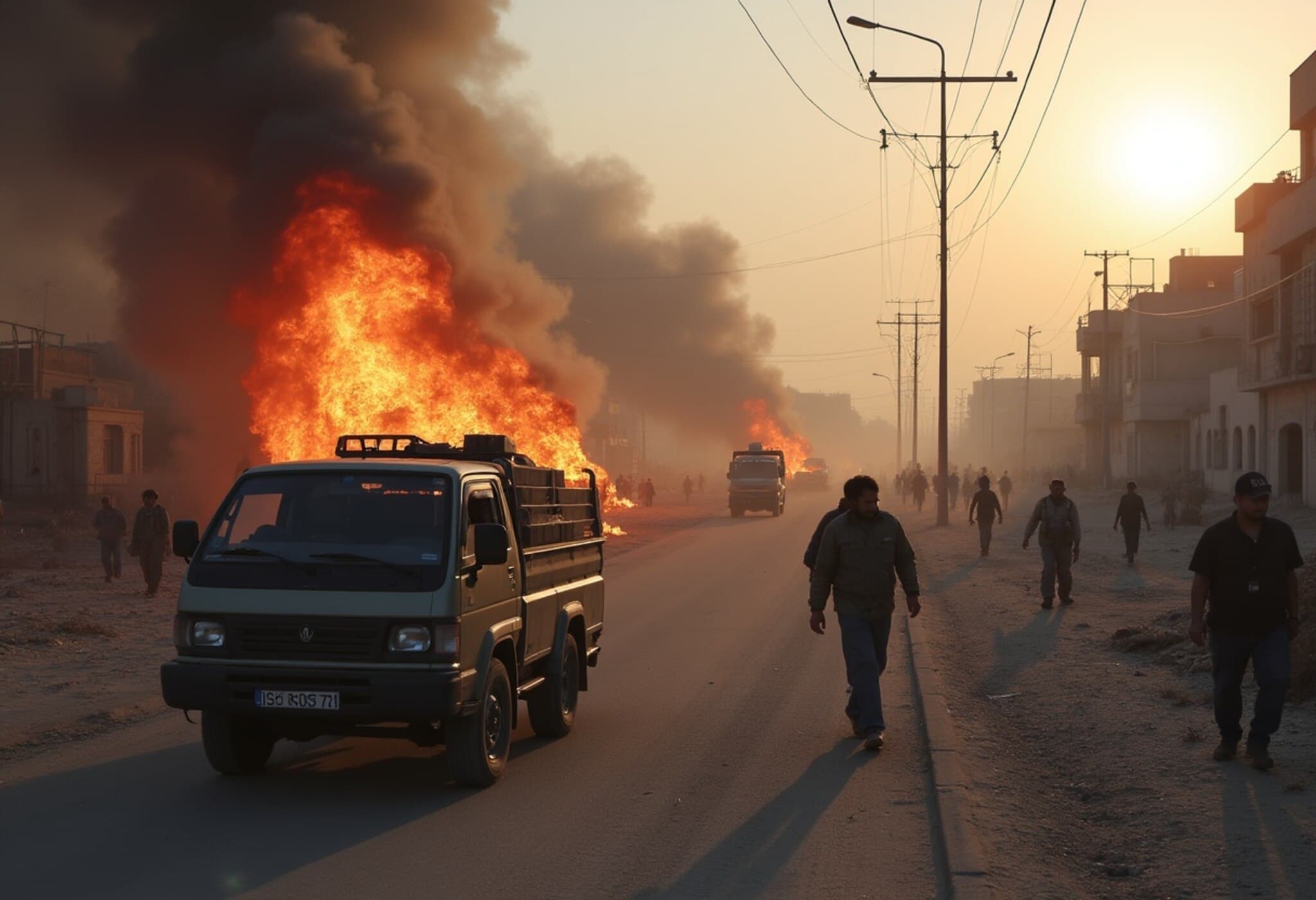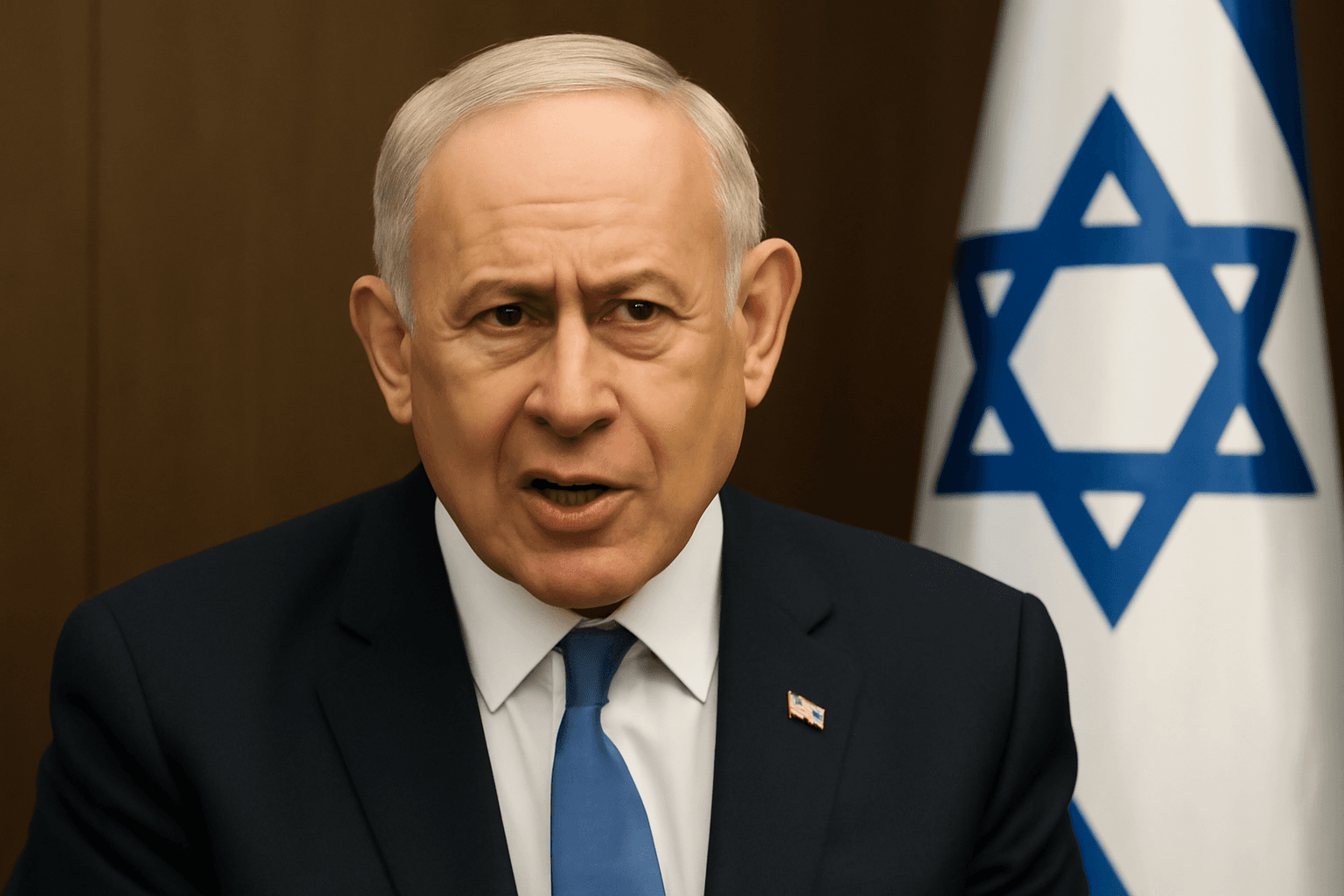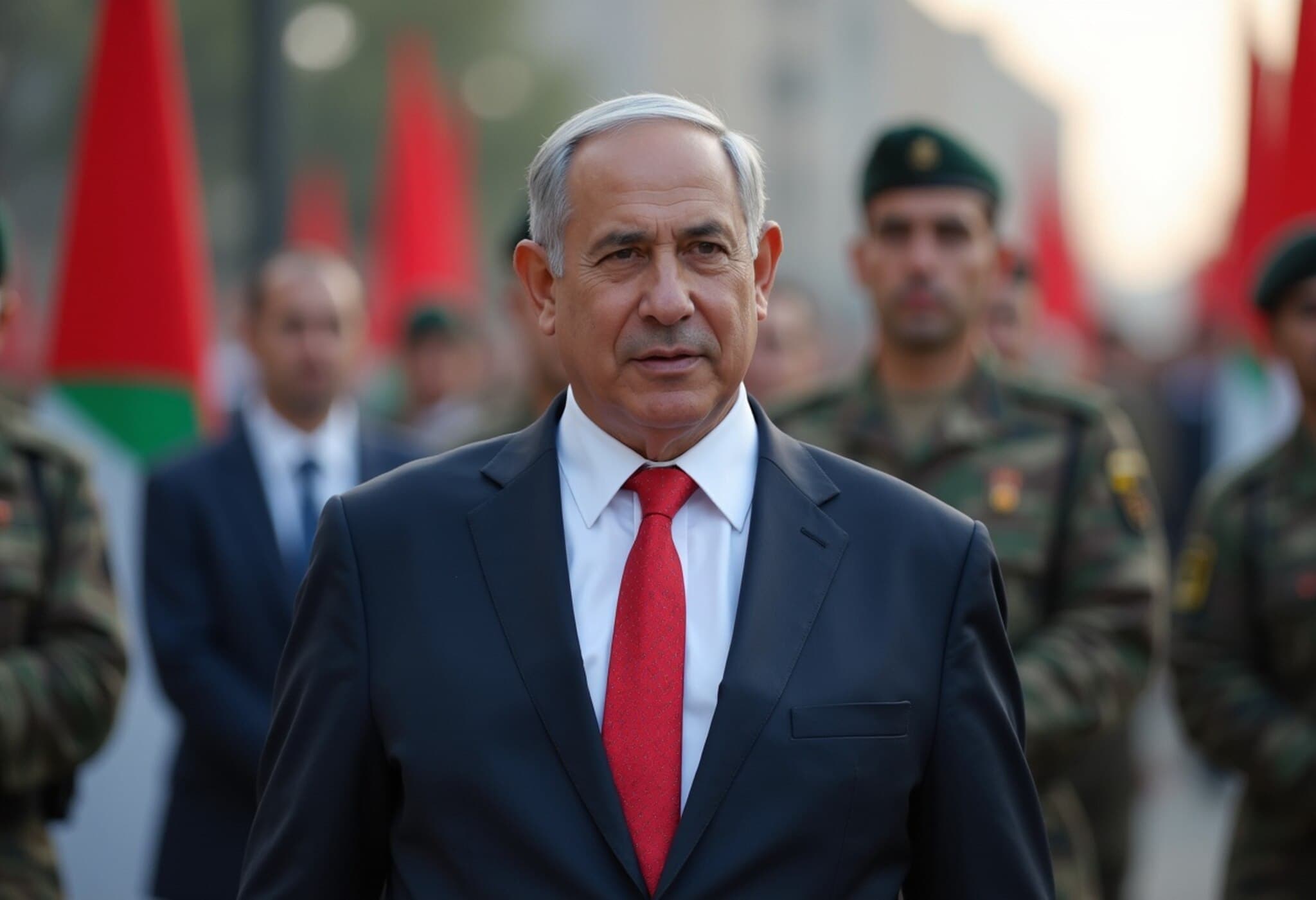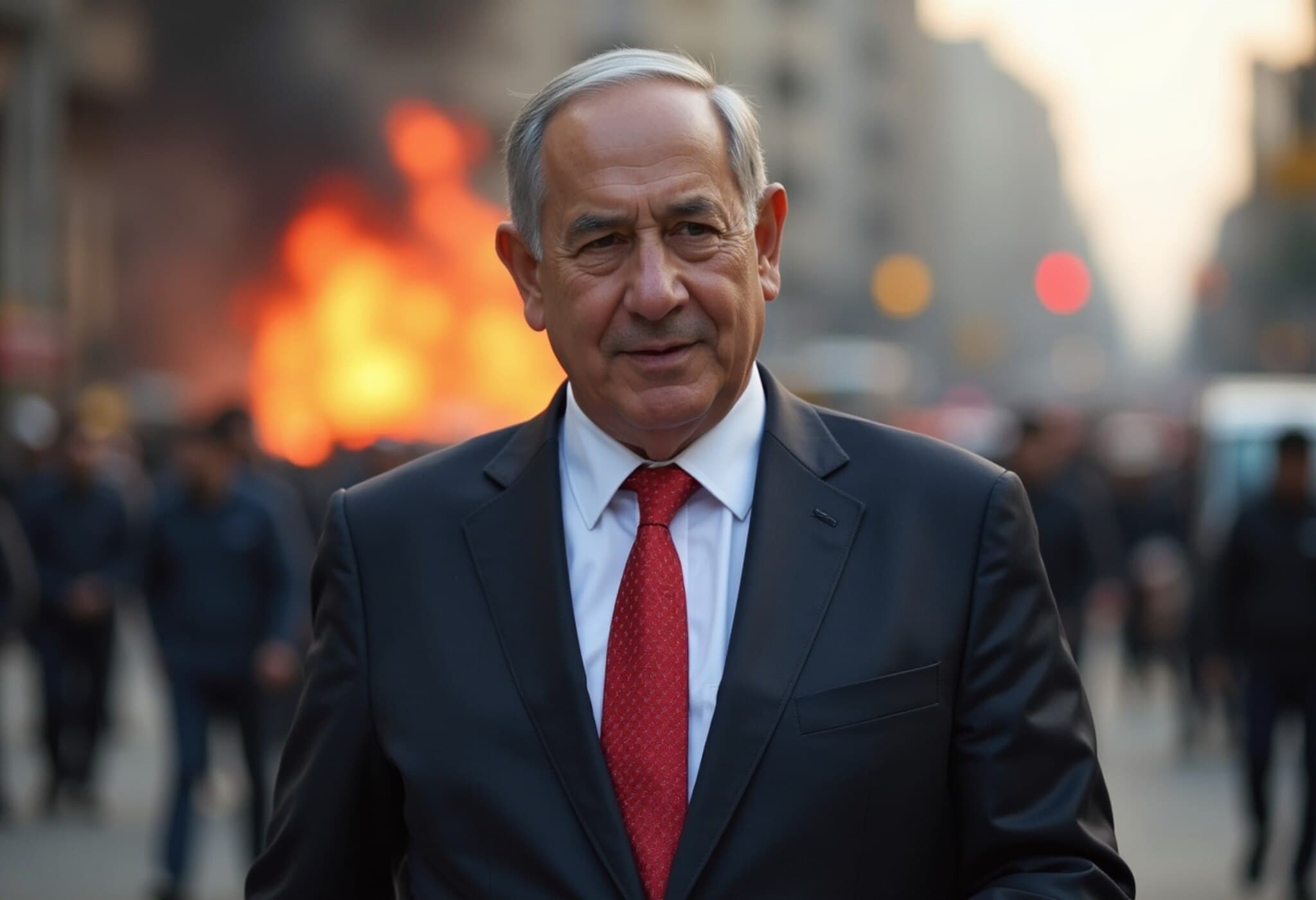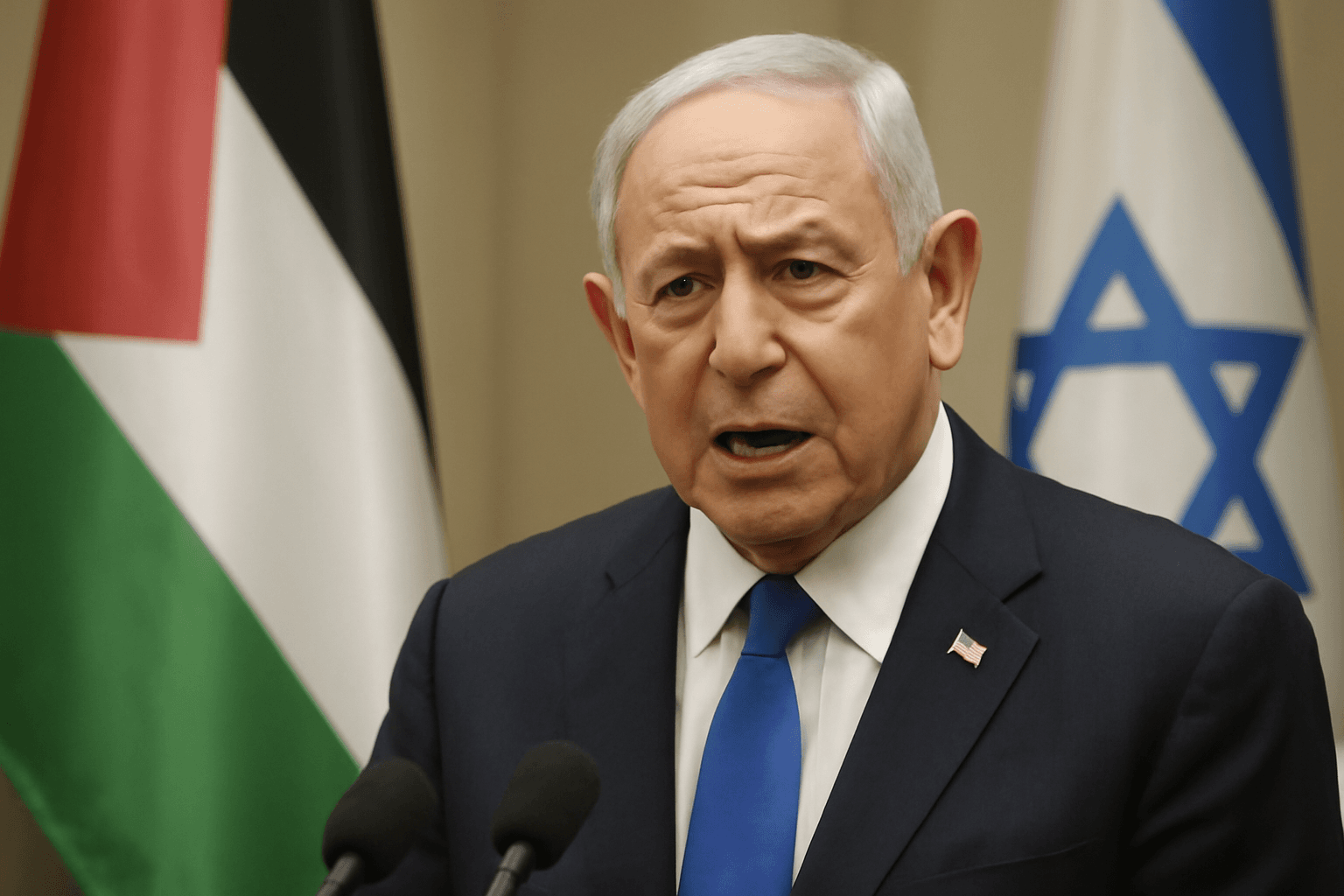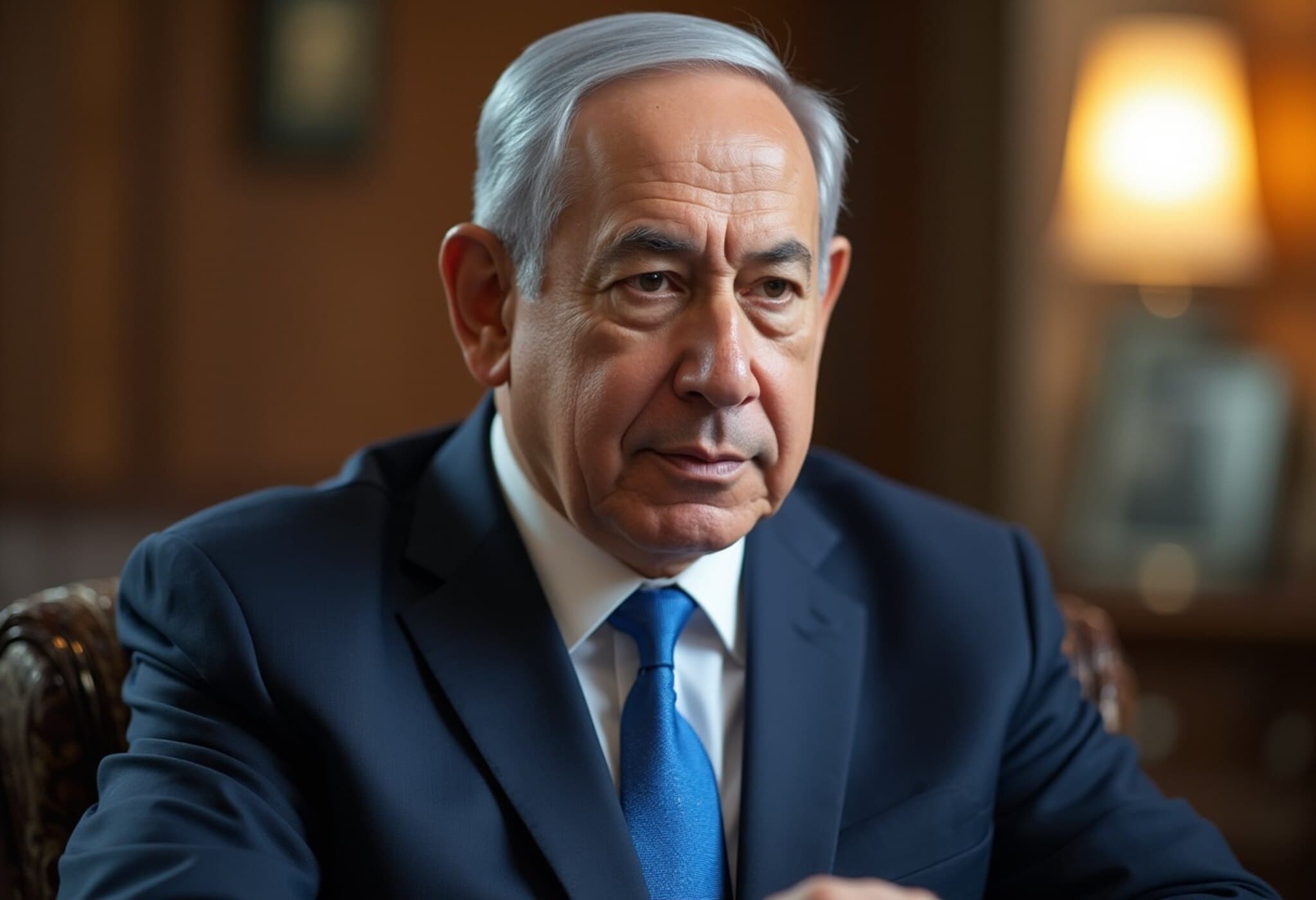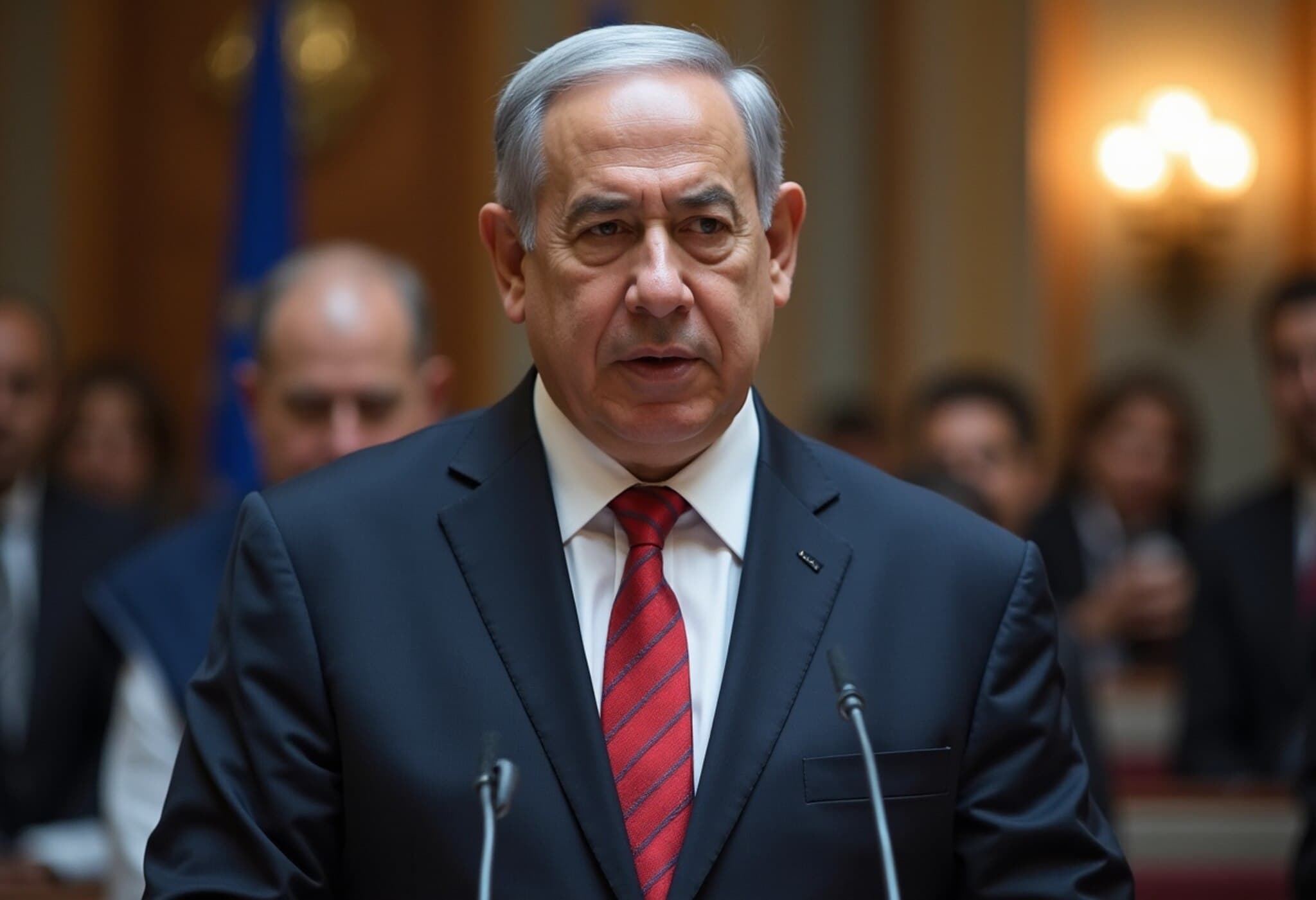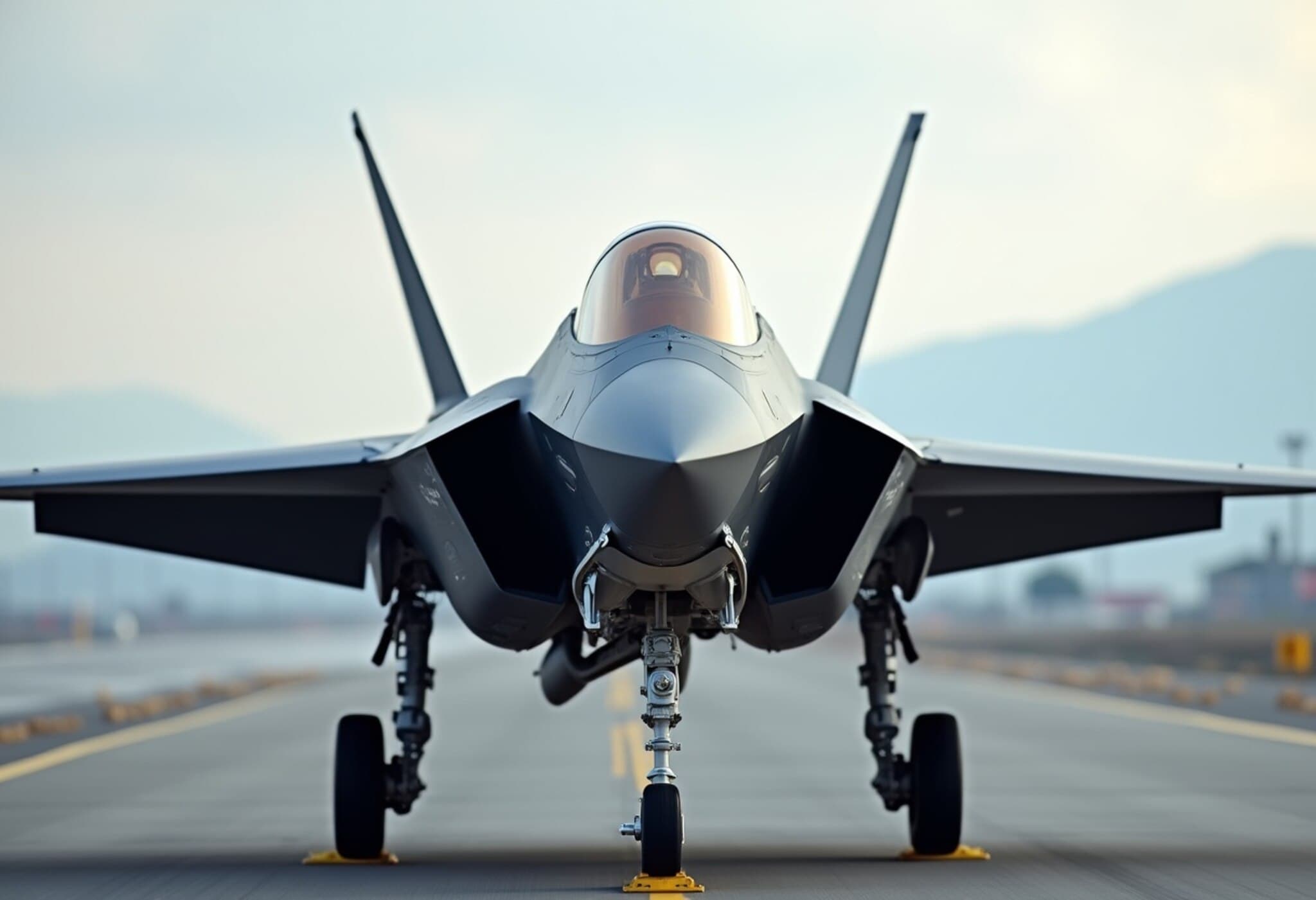Netanyahu Justifies Comprehensive Control Over Gaza Amid Rising International Criticism
In a decisive and controversial move, Israeli Prime Minister Benjamin Netanyahu has publicly defended his government's plan for a full military takeover of the Gaza Strip. This announcement comes at a time of escalating tensions between Israel and Palestinian authorities, alongside a surge of international diplomatic pressures advocating for Palestinian state recognition.
Global Diplomatic Backlash: Australia and Europe React
Adding fuel to the fire, Netanyahu castigated recent threats by Australia and several European nations to formally recognize Palestine as an independent state. This diplomatic surge reflects mounting global frustration with the prolonged Israeli-Palestinian conflict and growing appeals to international bodies for resolution.
- Australia and European nations urging: Recognition of Palestinian sovereignty.
- Netanyahu's stance: Full control over Gaza essential for Israeli security.
- International concern: Risks of escalating violence and humanitarian consequences.
Contextualizing the Move: Security or Escalation?
From an expert perspective, Netanyahu's insistence on a full takeover signals a strategic shift with profound consequences. Israel frames the possibility as a necessary security measure aimed at dismantling Hamas' influence and preventing attacks. Yet, international human rights organizations warn this approach could exacerbate civilian suffering and destabilize the region further.
Moreover, this development interacts critically with US foreign policy and Middle East geopolitics, where maintaining stability remains a delicate balancing act.
Underreported Implications: What This Means for Civilians and Diplomacy
What often escapes headlines is the enormous pressure on Gaza's civilian population. A full military takeover risks disrupting essential services, humanitarian aid flow, and displacing thousands. This human cost underscores the urgency of diplomatic dialogue over purely military solutions.
Additionally, the move complicates ongoing peace efforts and sets a precedent with global implications for sovereignty and intervention norms.
Looking Ahead: Key Questions and International Responses
As Netanyahu stands firm, critical questions emerge:
- Can the full takeover ensure lasting Israeli security without provoking greater Palestinian resistance?
- How will increased recognition of Palestine affect international mediations?
- Will the international community mount coordinated efforts to prevent humanitarian crises?
Responses from global power centers, including the US, UN, and Arab League, will be pivotal in shaping the conflict's trajectory.
Editor's Note
Netanyahu's defense of aggressive measures in Gaza encapsulates the longstanding and deeply complex Israeli-Palestinian conflict. While national security concerns are undeniable, this pathway risks amplifying regional instability and humanitarian toll. Readers should consider not just geopolitical strategies, but also the human stories intersecting this turbulent landscape. Continued attention to diplomatic developments and grassroots narratives will be essential for understanding the future of peace prospects.

